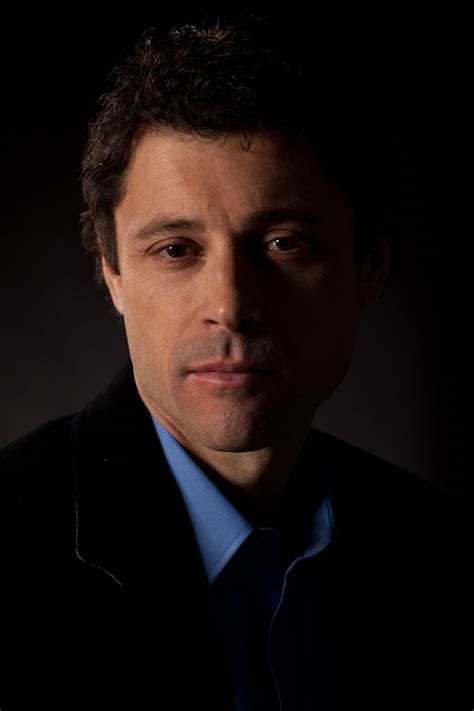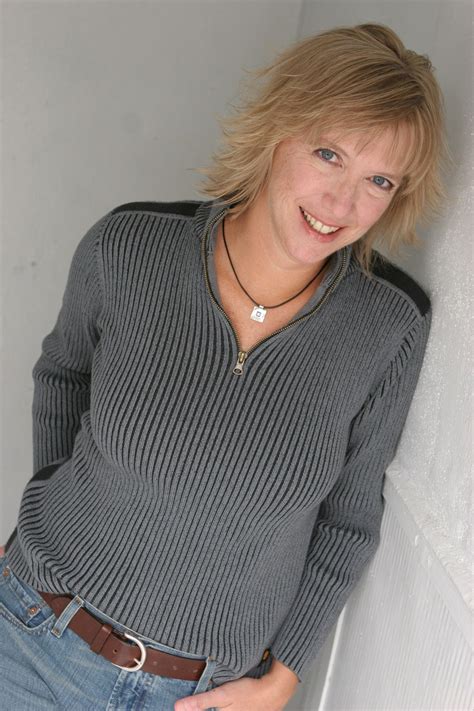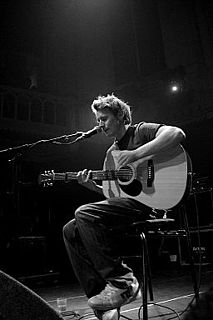A Quote by Elliot Perlman
I'll be happy if I can gain even the smallest place inside the literary imagination of U.S. readers.
Related Quotes
I love the fact that so many of my readers are intelligent, exceptional, accomplished people with an open-minded love of diversity. But even more than that, I love it when my readers find lasting friendship with others of my readers - knowing that they met through their mutual affection for my books and characters makes me happy!
Memory and the imagination are almost identical. It's the same place in the brain and the same thing is happening. When you think about your own life, there are no memories without place. You are always situated somewhere. I think the imagination - the narrative imagination at least - situates you in a specific space when you start to think of a story. I often use places I know. I put my characters inside rooms and houses that I'm familiar with - sometimes the houses of my parents or grandparents or previous apartments I've lived in.
I live in the same house I’ve lived in for 25 years. I haven’t gone off and bought mansions, you know, even though my subject is living… living in a mansion wouldn’t do for my readers. I have to keep my credibility alive with my readers, so we’re in the same place. I just make that place nicer and nicer. And… and that’s a secret. And people don’t know that. People think, oh, she lives in this fabulous place, it’s the same old place. It started out like a farm, it got to be a farmette, then it got to be an estatelet. I built a wall, it helped a lot. But it’s the same place, the same grounded nature.
My literary criticism has become less specifically academic. I was really writing literary history in The New Poetic, but my general practice of writing literary criticism is pretty much what it always has been. And there has always been a strong connection between being a writer - I feel as though I know what it feels like inside and I can say I've experienced similar problems and solutions from the inside. And I think that's a great advantage as a critic, because you know what the writer is feeling.
A photograph is a universe of dots. The grain, the halide, the little silver things clumped in the emulsion. Once you get inside a dot, you gain access to hidden information, you slide into the smallest event. This is what technology does. It peels back the shadows and redeems the dazed and rumbling past. It makes reality come true.
Daisy was a consciously happy young woman without any of the usual endowments that make for conscious happiness, money apart. She was not pretty, she was not clever, she had no friends, no talents, nor even an imagination to make her think she was happy when she was really miserable. As she was never miserable, she had no need of an imagination.
































